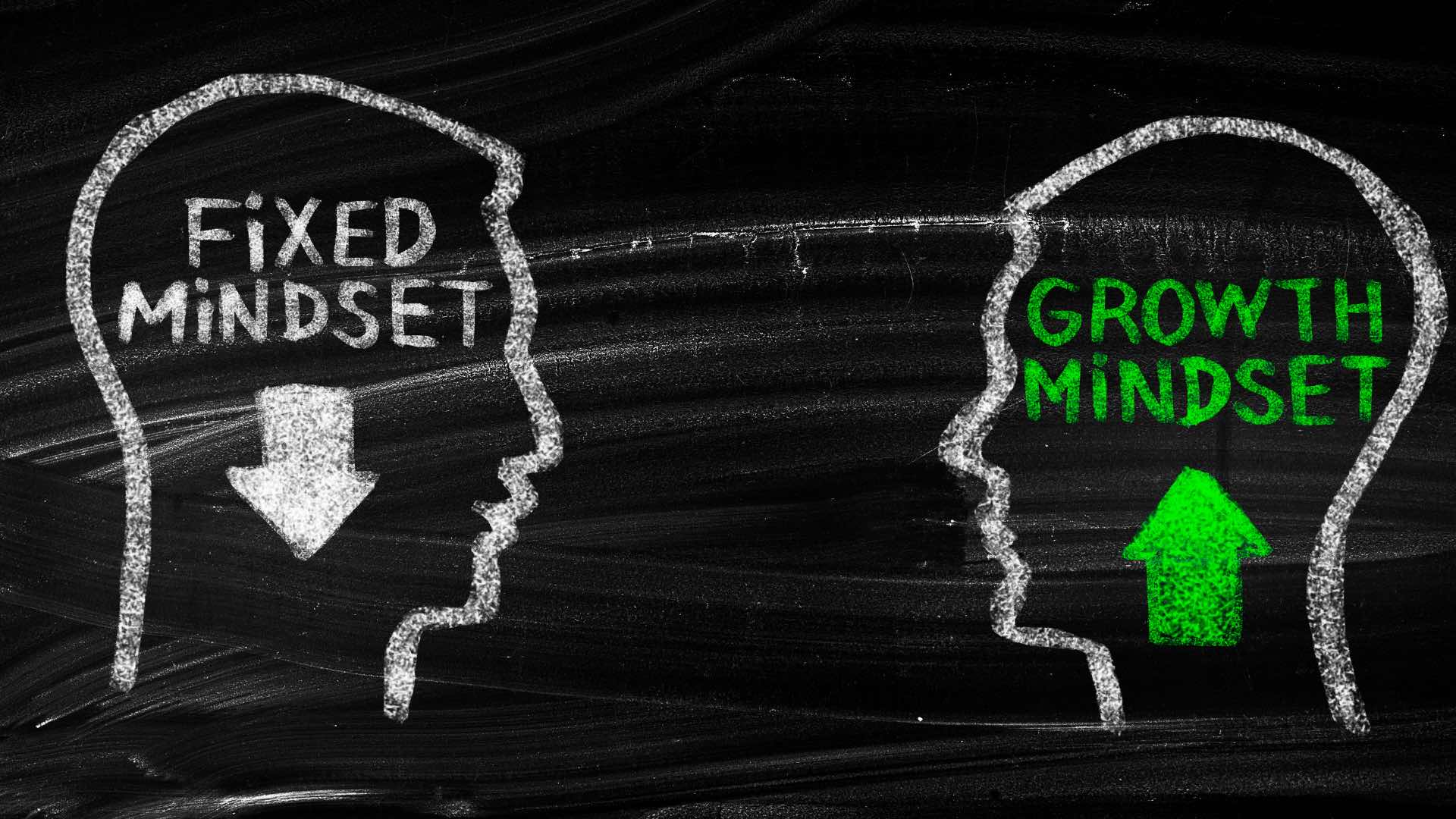A growth mindset or fixed mindset might influence our perceptions of ourselves and our capabilities.
The way we perceive our intellect and abilities influences not only how we feel, but also what we accomplish, whether we keep to new habits, and if we move on to learn new skills.
Enthusiasm, perseverance, and success are all influenced by our thinking.
A mindset is an interpretative process that gives us information about the world around us.
That process is assessed in a fixed mindset by an inner voice of continuous judgment and assessment, using every bit of information as proof.
The inner voice of a growth mindset is one of an insatiable desire for learning, always trying to seek out the kind of knowledge that may be processed into learning and positive action.
If you have a fixed mindset, you feel that knowledge, ability, and other characteristics are inherent and irreversible.
If you have a growth mindset, you believed that knowledge and ability can be improved through practice and repetition.
Individuals with a growth mindset recognize that not understanding or being great at something is a brief phase, therefore they will not have to think negatively or strive to demonstrate they’re better than they really are.
A growth mindset also acknowledges that mistakes are an unavoidable part of the learning process, allowing individuals to come back strong by upping their efforts.
A fixed-minded individual avoids life’s difficulties, quits easily, and is overwhelmed or intimidated by other people’s achievements.
Fixed mindsets often result in negative thinking, but a growth mindset individual may fail at the very same thing and believe it is due to a lack of practice.
People can change their brain processes and thinking patterns in the same way that they can grow and expand their intelligence.
Even as adults, the brain is still developing and changing, according to neuroscience.
Researchers discovered that teaching people about neurological research demonstrating that the brain is changeable and improves with effort can help them develop a growth mindset.
What you believe determines what you accomplish.
Whether you’re conscious of it or not, how you perceive your experiences might limit what you can do.
Mindsets are nothing more than a collection of beliefs. They’re strong convictions, but they’re only in your head, and you may change your mind at any time.
Examples of Fixed vs. Growth Mindset.
Fixed Mindset: I’m not capable of doing it!
Growth Mindset: That’s something I can’t do right now. I’m going to keep practicing, trying various ways, seeking guidance until I figure it out.
Fixed Mindset: People’s feedback to me feels like criticism.
Growth Mindset: I value feedback from others. It improves my learning and development.
Fixed Mindset: People who are naturally intelligent do not need to work hard to be successful.
Growth Mindset: Nobody is born smart. With practice, dedication, and perseverance, we can all improve.
Fixed Mindset: I am too shy to talk in public.
Growth Mindset: I can gain confidence and enhance my public speaking skills through practice.
Fixed Mindset: Other people’s achievements make me feel worthless.
Growth Mindset: The achievements of others motivate and inspire me. They remind me what I’m capable of.
Fixed Mindset: Whenever I make a mistake, it is really humiliating.
Growth Mindset: Everybody makes mistakes, and mistakes serve as learning opportunities.
Read more on Crenov8:
Six practical strategies for fostering innovation and development
How businesses can build and sustain long-term value for their stakeholders






